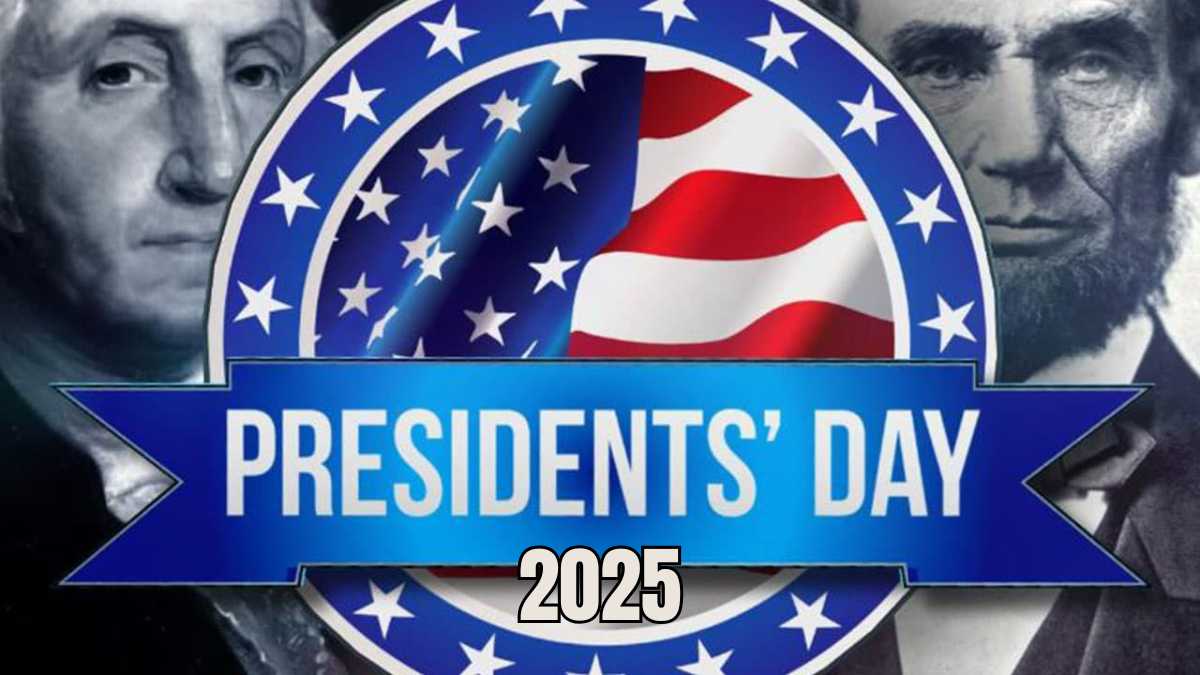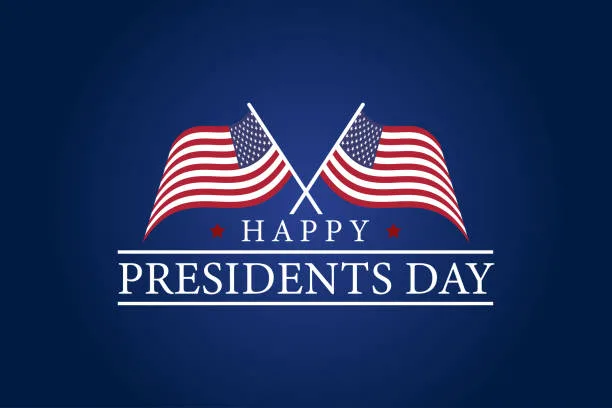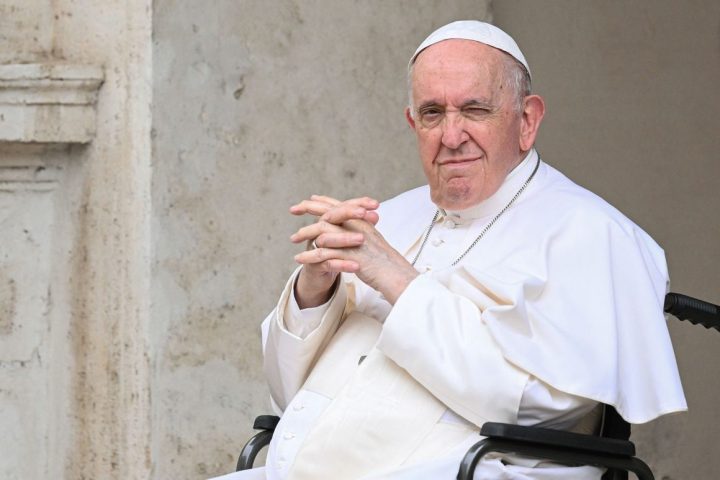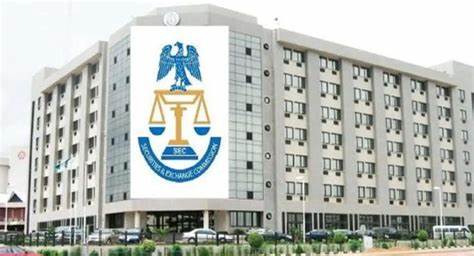What if we had a day in Nigeria to celebrate the past and present presidents? Well, in the United States, a day like this exists: Presidents’ Day.
Presidents’ Day is observed every third Monday in February in the US. This federal holiday is dedicated to honouring all those who have served as President of the US, with particular recognition of figures like George Washington and Abraham Lincoln.
Join our WhatsApp ChannelIf you’re curious to know more about this significant American holiday, then you will find all that you need to know about it here.
All You Need To Know About US Presidents’ Day
1. Origins of Presidents’ Day
President’s Day traces its roots to the early celebrations of George Washington’s birthday. Following his death in 1799, Americans began commemorating his birth on February 22nd.

It wasn’t until 1879 that Washington’s Birthday was officially designated as a federal holiday, initially applying only to the District of Columbia and later expanding nationwide in 1885.
2. Transition to a Monday Holiday
The Uniform Monday Holiday Act of 1968 aimed to provide workers with more 3-day weekends by shifting the observance of certain holidays to Mondays.
As a result, Washington’s birthday was moved from its fixed date of February 22nd to the third Monday in February.
This change took effect in 1971, positioning the holiday between the birthdays of Washington and Lincoln (born February 12th).
3. The Name “Presidents’ Day”
Despite the federal designation of “Washington’s Birthday,” the holiday became popularly known as “Presidents’ Day” in the 1980s.
This shift was influenced by advertisers promoting sales and the holiday’s proximity to Lincoln’s birthday, leading many to view it as a day honouring all U.S. presidents.
4. Variations Across States
The observance and naming of Presidents’ Day vary by state.
While the federal government recognises it as Washington’s birthday, some states honour both Washington and Lincoln, and others commemorate additional figures.
For instance, Alabama celebrates “Washington and Jefferson Day,” recognising Thomas Jefferson’s contributions, while Arkansas observes “George Washington’s Birthday and Daisy Gatson Bates Day,” honouring the civil rights leader.
5. Modern Celebrations
Today, Presidents’ Day is marked by various events and traditions.
Many communities host parades, historical reenactments, and educational programs about U.S. history and the presidency.
In Alexandria, Virginia, Washington’s adopted hometown, an annual parade celebrates his legacy.
Additionally, retailers often capitalise on the holiday by offering significant sales promotions.
READ ALSO: 10 Things To Know About Gay Imam Shot Dead In South Africa
6. A Day of Reflection and Education
Beyond commercial activities, the holiday serves as an opportunity for Americans to reflect on the nation’s history and the contributions of its leaders.
Schools often incorporate lessons about presidential history, emphasising the roles and impacts of various presidents on the country’s development.
7. The Punctuation Debate
The holiday’s name varies in punctuation, leading to different interpretations.
“Presidents’ Day” suggests a celebration of all presidents; “President’s Day” implies honouring a single president, and “Presidents Day” is a neutral form.
This inconsistency reflects the holiday’s evolving nature and the diverse ways states and individuals choose to observe it.
8. Connection to the Uniform Monday Holiday Act
The establishment of Presidents’ Day as a Monday holiday was part of a broader legislative effort to provide uniform annual observances of certain legal public holidays on Mondays.
This initiative aimed to create more three-day weekends for the nation’s workers, thereby promoting leisure and economic activities.
9. Presidents’ Day and Retail Sales
Over time, Presidents’ Day has become associated with significant retail promotions.
Retailers often use the holiday as an opportunity to offer discounts and conduct sales events, making it a notable day in the retail calendar.
This commercial aspect has become a prominent feature of the holiday’s modern observance.
10. A Unifying National Holiday
Despite its varied observance, Presidents’ Day serves as a unifying occasion for Americans to honour the legacy of the presidency and reflect on the nation’s history.
It offers an opportunity to recognise the contributions of past leaders and consider the evolving role of the presidency in shaping the United States.
In essence, Presidents’ Day is a multifaceted holiday that reflects the United States’ presidential history and offers citizens a moment to honour the individuals who have shaped the nation’s path.
Elsie Udoh is an SEO content writer who specialises in writing engaging stories that resonates with diverse audiences. She studied mass communication at the Lagos State University.







![Breaking: Tinubu Returns To Abuja After Europe Trip [Photos]](https://www.primebusiness.africa/wp-content/uploads/2025/04/Tinubu-returns-to-Abuja-Pohotos-2-720x480.jpeg)









